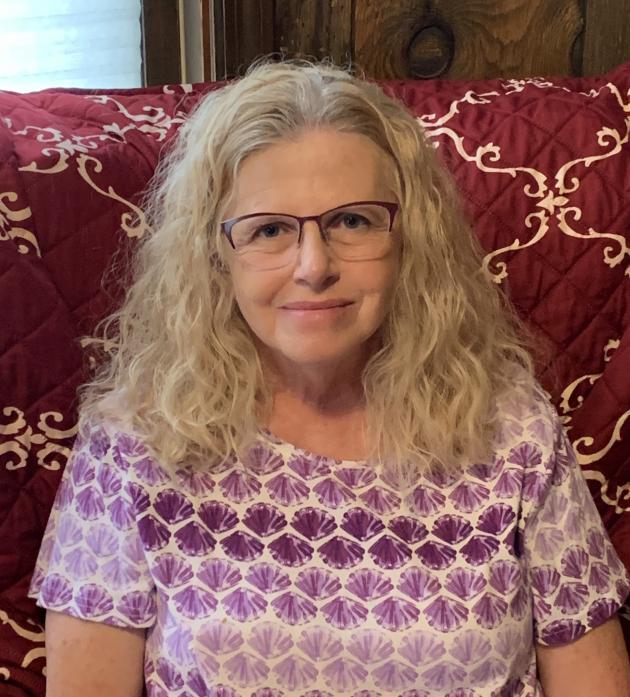Cheryl Hughes: Setting Goals
My granddaughter started school last week in Warren County. She attends class in person two days per week then does online classes the other three days. One online class encouraged the students to set goals for the upcoming school year.
“I have to set goals for reading and math,” she told me. “My reading goal is to be two levels above where I’m reading right now, but I don’t know what to set for my math goal.”
“What about having all the multiplication tables memorized,” I suggested.
“I already know those songs,” she said, referring to the sing-song method of memorization she was taught.
“Quick! What’s 7X8?” I asked. “Fifty-six,” I blurted out before she could start the song. “That’s what I mean by memorize,” I said.
Sabria was not amused nor impressed. She decided not to share her math goal with me.
Years ago, I set goals at the beginning of each new year. The goals I set were pretty lofty. When I tried to get my husband, Garey, to set his own lofty goals for the new year, as well, he balked at the idea, saying, “I used to set big goals, but they never worked out, so I decided to just let life happen as it happened.” Eventually, I too concluded lofty goals weren’t the way to go, and I started using a method that would help me reach a series of smaller goals in order to attain a larger one.
I’m sure, you’ve heard all the platitudes I’ve heard my entire life, i.e., “If you’re not living on the edge, you’re taking up too much room,” and “If your dreams aren’t bigger than you are, your dreams are too small,” and “Your reach needs to exceed your grasp,” yadda, yadda, yadda. Words that were once inspiring when I was young, became a sledgehammer pounding away at my goals as I grew older.
My father taught me a thing or two about lofty goals. As a young man, his life goal was to play second base for the New York Yankees. That goal was far beyond his reach on several levels. Although he had the talent, he was born into very poor conditions, he had little formal education and he had no important connections to anyone in the professional baseball organization. Instead, he went to work at a sawmill, and continued to watch the Yankees play on TV, dreaming of the day when he could play second base for the organization.
As life moved on, he was married, had children and saved enough money to buy his own sawmill. After my two older sisters and I left home, Dad ran for the office of County Judge Executive. He won and held that office for four terms.
The question I asked myself after that first election win was this: “Did Dad’s goal of playing second base for the New York Yankees carry him to the place where he felt confident enough to run for and win the election as county judge of Spencer County? I concluded the answer was YES. The platitude, “Your reach needs to exceed your grasp,” worked for my Dad.
I believe, people like my dad are able to cut their losses and move on to more attainable goals without brooding over what might have been or what they failed to do.
Maybe, that’s really what goals are all about. They allow you to hitch a ride on a dream that carries you to the next step along the way. I think the key might be to get all the mileage you can out of each and every goal, be it large or small, so that you accomplish something with your life, even if it isn’t in the original plan.



























